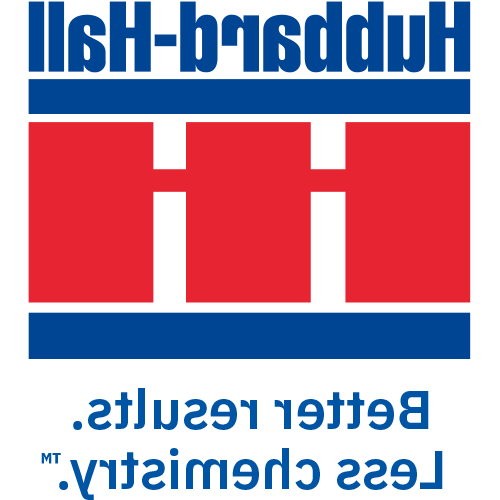Accurate terminology in metal finishing is crucial to ensure clear communication and effective processes. Misunderstanding terms like chelate vs. complex or deflocculant vs. coagulant can lead to confusion and inefficiencies.
- Chelating Agents: Organic acids like EDTA and NTA that strongly bind metal ions, aiding in water softening, derusting, and plating. Effective but can complicate wastewater treatment; newer metal precipitants break these bonds for better effluent management.
- Complexing Agents: Organic compounds like citric acid and gluconates that bond to metal ions with weaker stability compared to chelates. Useful in surface preparation and plating, but their bond strength varies with pH and concentration.
- Coagulants & Flocculants: Coagulants aggregate small particles for easier removal, while flocculants induce particle aggregation through charge neutralization. Both are essential in wastewater treatment to improve clarity and remove metals effectively.
Download the white paper to learn more about these terms and their significance in optimizing metal finishing processes.







